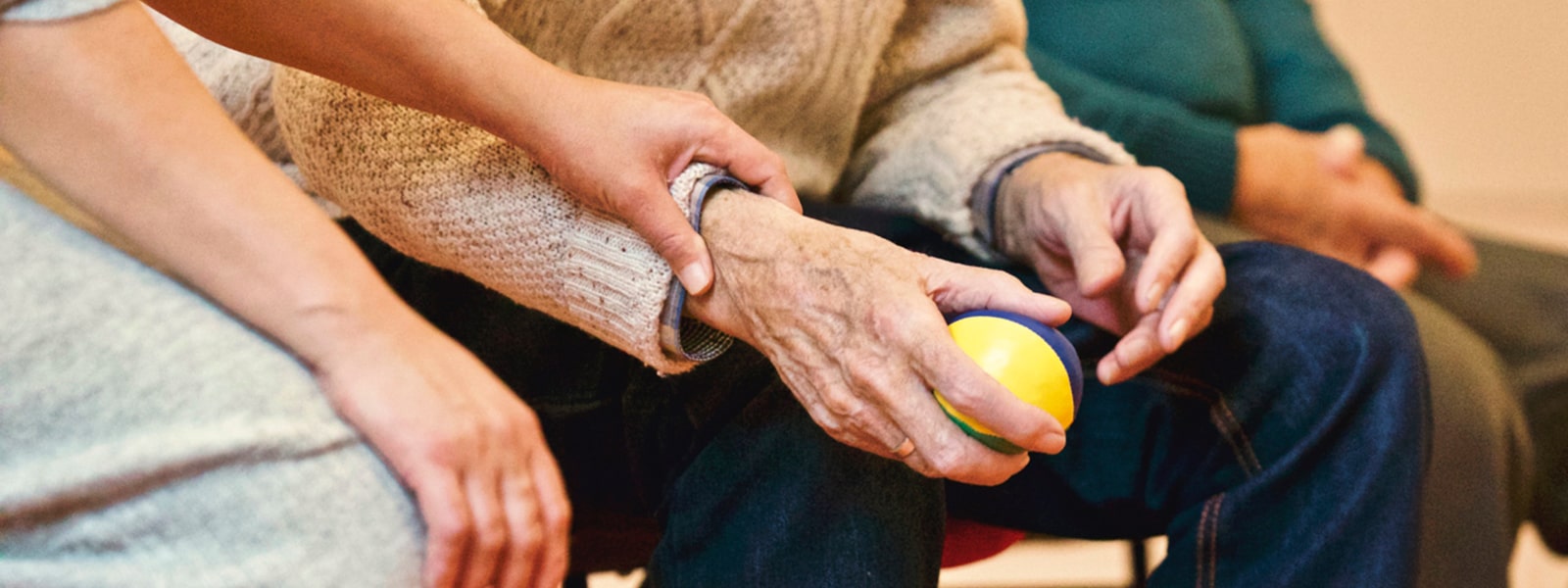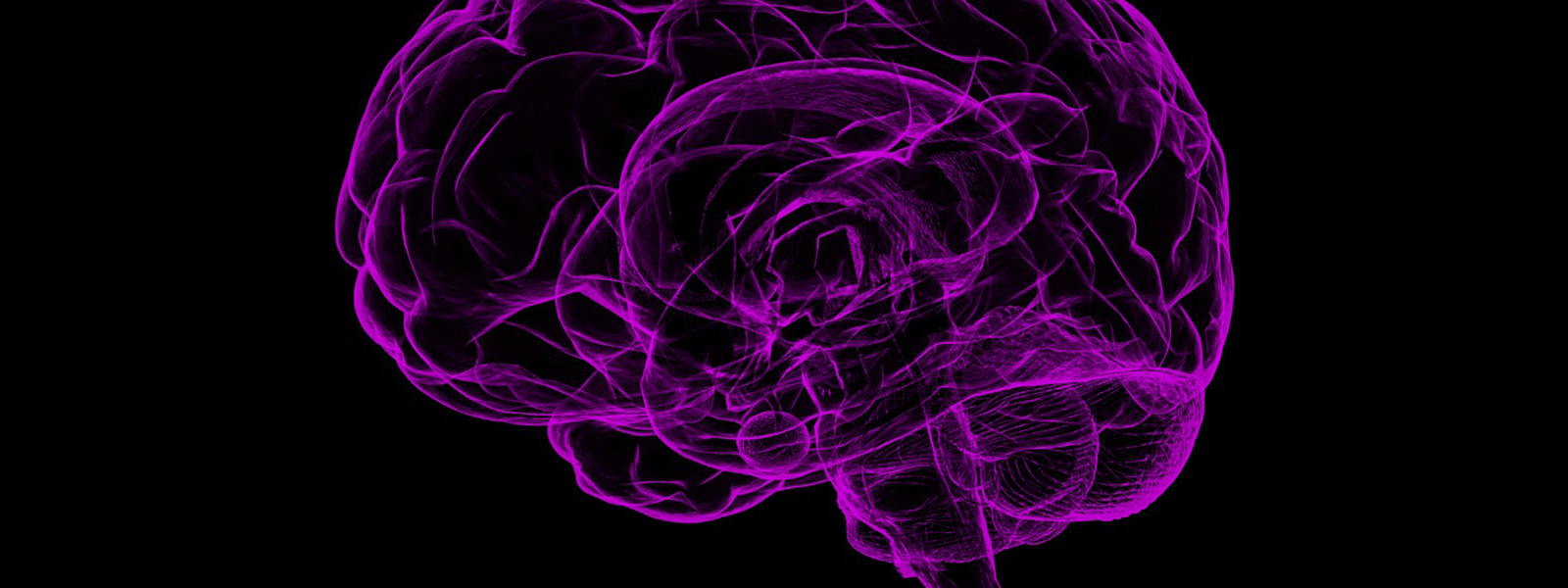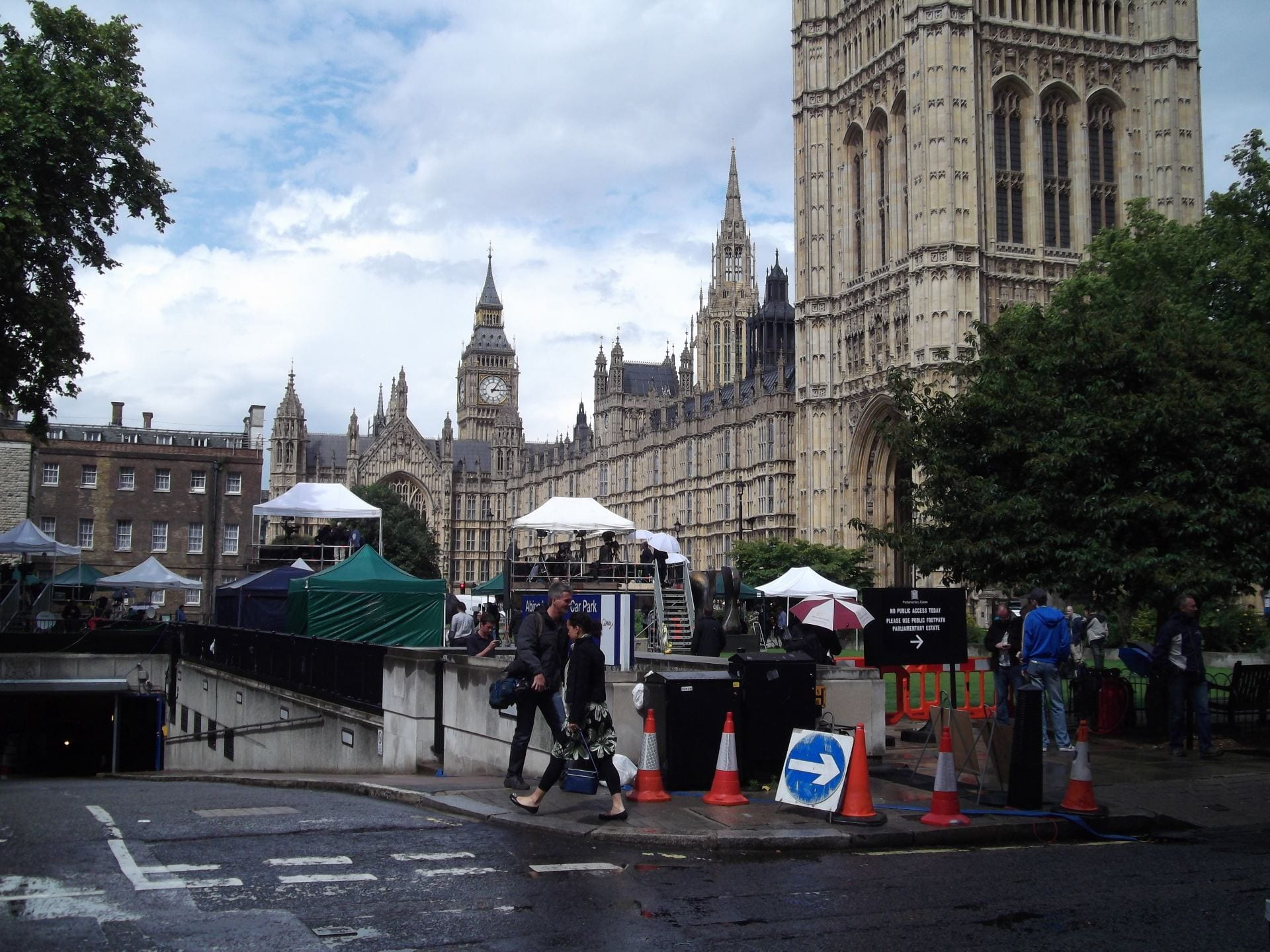The University’s research themes represent both our current strengths and future areas of opportunity. They embody a unique set of areas that key into our goals as a civic university undertaking internationally significant research with local relevance, but also with our aspiration to become both thought leaders and researchers engaged in the pursuit of excellence.
The University of Lincoln Research Groups, Centres and institutes bring together academics with like minded interests around a specific field or issue. Research groups/centres are both cross disciplinary and aligned to one of our key disciplinary areas (Law, Psychology, Health, Social Care, Politics, Criminology, Sport Exercise Science and Education). You can find out more about the different research groups, centres, and institutes by clicking below.

Lincolnshire Learning Lab is a group set up to help improve the learning of all children and the working environments for teachers within Lincolnshire. The purpose is to bring academic rigour and evidence-based research into the classroom by engaging the three key stakeholders – teachers, academics, and anyone involved or interested in the education system, such as parents and educational consultants.
The Lincolnshire Learning Lab is so called to enable research to be carried out in schools in a rigorous and innovative manner ensuring that time is spent productively on research that will benefit all staff, children, and families, while offering teachers the opportunity to work with academics to ensure that research is effective for all. The group was established by the School of Education at the University of Lincoln in February 2021 and will remain the founders and leads of the Lincolnshire Learning Lab.
The research group is keen to work and involve anyone interested in carrying out research in their schools or education settings. If you are a teacher from a primary, secondary, specialist provision, or alternative education, or an academic or professional involved in the education system, then please do get in touch.

The Community and Health Research Unit (CaHRU) is a University recognised research centre. CaHRU’s mission is to increase people’s health and well-being by improving the quality, performance, and systems of care across the health, social, and third sector care services through our world-leading interdisciplinary research. Our work promotes high-quality care to enhance the experience, safety, effectiveness, efficiency and equity of healthcare by examining and transforming the performance and function of health and social care practice, organisation and delivery.

MH2aSC has evolved to encompass a broader range of research activity that involves social care and adult health, particularly cancer care through a partnership with Macmillan. The primary focus of this research group is to provide expert resources to government policy strategists, health, social, and education economies to create and drive innovation in health and social care settings.
Key themes of our research include mental health, health and social care integration, values-based practice, workforce development, and service innovation and improvement.
Current project areas:
- Cancer care: we work closely with Macmillan Cancer Support and the local health economy to investigate the care of cancer patients following completion of their treatment
- Workforce development: MH2aSC are involved in the development of new clinical academic careers of nurses, midwives and allied health professionals for the regional health economy
- Conscientious objection: our group is exploring the impact of the emotional labour of health and social care and its relationship to professional and personal conscience
Throughout the course of our research, we have developed a network of international and national collaborators and offer PhD supervision, we also support the development of clinical academics and other early career researchers (ECRs).

The Healthy Ageing Research Group (HARG) is allied with the Lincoln International Institute for Rural Health (LIIRH).
Key areas of interest include experiences of ageing; healthy ageing; preventative and early intervention strategies in quality of later life through improved community and statutory provisions, including integration.
Research in our group aims to support the challenges faced by an increasing global life expectancy and ageing populations. Our research aims to contribute to developing strategies which maximise the benefits of an ageing society as well as considering strategies to address the challenges.
Our aims:
- To conduct research to develop our understanding of experiences of ageing and old age.
- Examine the performance and functioning of preventative and early intervention health and social care structures, practices, procedures, and delivery with a particular emphasis on promoting quality, efficiency, and equity.
- Fully involve older citizens and other partners in the research process.
- To build pathways to impact into all of our research.
- To develop a sustainable research infrastructure and environment.

The Lincoln Clinical Trials Unit (LinCTU) was setup in 2020 at the University of Lincoln by the Community & Health Research Unit to support clinical trials. LinCTU is located in the newly established University of Lincoln Medical School and engages directly with the Medical School, the Lincoln International Institute for Rural Health(LIIRH), academic colleagues and the wider NHS community. The international vision is to develop an identity which allows us to attract the type of trials and studies where we have particular strengths and expertise. The studies of particular interest to us are those investigating health and social care problems:
• in under-researched rural settings to address health inequalities.
• in communities of coastal populations.
• with complex interventions including both quantitative and qualitative elements.
• examining issues of inclusivity, diversity and de-colonisation.
The Lincoln International Institute for Rural Health (LIIRH) conducts interdisciplinary research to address the most important health issues facing rural communities locally, nationally, and internationally. The institute aims to 'shine a light' on the unacceptable health inequities that exist across the rural-urban divide and to find innovative ways of reducing or ideally eliminating that inequality.

The institute brings together world-leading specialists, conducting research across a range of rural health related concerns, ranging from infectious disease epidemiology, HIV, oral health, and emergent response analysis through to sustainable remote health care delivery solutions, meta-governance approaches, and m-health technological innovation.
LIIRH is supported by generous grants from the Wolfson Foundation, and the Greater Lincolnshire Local Enterprise Partnership.
Our research benefits from strong links with members of CAHRU, the School of Psychology, the School of Health and Social Care, the School of Computer Science and research groups within Life Sciences, particularly the Diabetes Research Group. Nationally, the institute has strong links to researchers at University College London and is a key partner of the National Centre for Rural Health and Care.
LIIRH’s strong global health portfolio of research is supported by a network of academic partners located in Germany, Canada, Burkina Faso, Tanzania, South Africa, Malaysia, Bangladesh, and Australia.

Our socio-legal and interdisciplinary group is led by academics with a passion for researching conflict and disaster situations. This research group facilitates interdisciplinary discussion and research within social sciences, life sciences, and the arts across the University of Lincoln and externally. The group's mission is to provide research which enhances the mobility and restoration of people, communities, and international organisations in the wake of conflicts and disasters.

"Act as if the house is on fire, because it is."
These words of Swedish activist, Greta Thunberg, sum up the damage that humans are wreaking on the environment. They also serve as a reminder that we urgently need to embed new, or better ways of thinking about the environment in individual and institutional practices if we are to prevent critical planetary boundaries from being breached. Our failure to think and to act will result in catastrophic effects for human and natural systems.
Despite our technological and cultural achievements, we remain (and will always remain) critically dependent on healthy, functioning earth-system and ecosystem processes. The accelerating environmental degradation projected for this century, of which climate change, natural habitat loss, over-exploitation of resources and pollution are major drivers, will likely move many key natural systems beyond their capacity for resilience to the limits where sudden and dramatic regime shifts, perhaps even complete system collapses, will occur.
The implications of these changes are profound, both for the natural world and for the goods and services it provides humanity, not least the impacts on food production and threats to health from pollution and emerging diseases. They are also profound in terms of the social and economic disruption and dislocation that will inevitably follow these changes.
We know that solutions to these challenges are urgently needed. However, our solutions to these problems currently remain embedded within institutions that perpetuate the problem. If we are to change the types of solutions that are adopted we need to improve our understanding of how best to make the necessary changes in human and institutional behaviour at a level and degree that will make a difference. Developing our understanding of how to induce the necessary changes requires new forms of research, with new synergies from interdisciplinary, cross-scale research in law, the natural and social sciences, and the humanities.
The Lincoln Centre for Ecological Justice (LinCEJ) will lead and enable creative research that does just that, and will deliver new understandings of the types of changes and governance measures needed to turn the Anthropocene from an era of high risk for society and the environment to one in which the needs of all are met on an equitable basis.

Lincoln's Law and Society Research Group facilitates research on cross cutting legal issues by developing our understanding of how law operates in a wider social and interdisciplinary context.
Our research is wide-ranging and includes environmental justice, international law, human rights, criminal justice and corporate and commercial law. Our researchers are renowned experts in their field and are engaged in projects that produce real world impacts on law, policy and practice. Group members are active in applying for funded projects and work collaboratively with local, national and international partners.

The Developmental and Social Behaviour Research Group (DaSB) comprises an interdisciplinary team of developmental, social, and evolutionary psychologists who examine the development of motor, behavioural, and cognitive processes, and the social psychological processes affecting interpersonal, intergroup, and interspecies attitudes, cognition, emotion, and behaviour.
Areas of expertise include child safety, language development, decision-making, attention and memory, human-animal interaction, perspective-taking, handedness, identity, emerging adulthood, parenting, citizenship, justice and morality, wellbeing, dehumanization, emotion, prejudice, prosocial behaviour, warfare and neurodevelopmental disorders such attention deficit hyperactivity disorder and autism.
We focus on a range of species, including humans (from pregnancy and newborn babies to older adults), dogs, non-human primates and fish. The School of Psychology's modern facilities and equipment provides the perfect setting for research including the Lincoln infant and child development lab, motor lab, and field sites for primate research. Our methods include intermodal preferential looking, eye-tracking, adult EEG, motion analysis, safety education training, elicitation methods, interviews, and response time measures.
Group research is funded by a variety of prestigious funding bodies including the Economic and Social Research Council, British Academy, European Commission, US National Institute of Health, Templeton Religion Trust, and Arts Council England.

The Autism Research Innovation Centre (ARIC) is focused on strengthening the wider autism community through participatory action research. The group's mission is to create a diverse and inclusive environment where community knowledge and academic expertise merge to produce evidence-based innovative professional approaches and services for enriching the lives of autistic people and those who support them throughout their lifespan.

A dedicated sleep research centre with staff and students from the University of Lincoln and Bishop Grosseteste University. We have close collaborations with researchers at a range of other institutions across the world.
We have advanced facilities for sleep research, most notably a dedicated sleep lab. These enable us to conduct studies with full polysomnography, actigraphy, home sleep monitoring, and computerised behavioural testing.
Our research covers a range of sleep-related topics, centred on three broad areas:-
- Sleep and Well-Being
- Neuroscience of Sleep
- Sleep in the Community

The vast majority of the problems we face are rooted in psychological and behavioural components. Population issues such as increasing obesity rates, loneliness in older age, through to clinical and forensic issues such as depression, pain, disordered gambling, and forensic behaviours are all underpinned by complex psychological processes.
A more comprehensive understanding of these processes is therefore of paramount importance if we want to help people live richer and healthier lives. As applied psychologists, we are particularly interested in understanding and influencing psychological events and behaviour. We partner with and support many social institutions such as care and treatment services, prisons, charities, and social policy bodies in an attempt to actively address pressing issues within society. The emphasis of our group is to directly apply knowledge and understanding from our own research and existing literature, in order to facilitate practical intervention.

Psychologists in this group investigate the way that humans perceive, make sense of, and respond to our natural and social surroundings. Research topics include vision, attention, memory, emotion, reasoning, sleep, language, and motor control in both healthy and neurological populations. The group is well-equipped for a wide variety of studies including traditional psychophysics, neuropsychological testing, mobile and laboratory based eye-tracking (Tobii, Eyelink, VSG), EEG, TMS (Medtronic MagPro), functional transcranial Doppler sonography, physiological recording (BioPac), and transcranical direct current stimulation.
Understanding the human brain is one of the greatest challenges faced by modern science. Our reserach aims to gain a profound understanding into what makes us human, develop new treatments for brain disease, and build revolutionary new computing technologies.
Our group has strong collaborative links with internal and external researchers including Lincoln's School of Life Sciences, School of Computer Science, and the Lincoln Institute of Health. Group members have secured external funding from the British Academy, EPSRC, ESRC, Nuffield Foundation, Royal Society, Home Office and Innovate UK.

The University of Lincoln has a record of undertaking research into policy, parliaments and other key political institutions. It also seeks to build upon this to ensure that research informs teaching and the wider experiences of students at all levels.
The Lincoln Parliamentary Research Centre (ParliLinc) brings together work on parliaments and legislatures at the University. The Centre is based in the School of Social and Political Sciences, in the College of Social Science, although membership is open across the University. ParliLinc’s aim is to enhance research, facilitate impact and promote engagement with parliaments and legislatures in the UK and beyond. The Centre reflects a wide range of experience and expertise in parliamentary studies and associated fields, together with a variety of methodological approaches. It seeks to further develop the University of Lincoln as a recognised centre of excellence for research and teaching in parliamentary studies.

The Politics of (Dis)order (POD) research group is a dynamic, inter-disciplinary and School-wide intellectual community of academic staff and post-graduate students working on different aspects of populism, authoritarianism and nationalism. The group’s research focuses on the different ways in which we can understand political order and disorder in these fields. As a group we offer specific regional foci and internationally recognized expertise in Central Asia, the broader post-Soviet space, Central Europe, Asia and the United States.
The University of Lincoln has a strong-track record of internationally recognised research in populism, authoritarianism and nationalism and POD is the forum in which this research expertise is brought together.

The University of Lincoln delivers research that has a positive impact on communities at a local national and global level: informing policy, influencing decisions, and potentially changing lives. Our researchers work closely with government, parliamentarians and civil society, placing evidence and academic rigour at the heart of policymaking.
The Lincoln Policy Hub was launched in May 2021 to bring together the latest insights, evidence and commentary from our researchers, in a one-stop-shop for both academics and policymakers. By connecting politicians, decision makers, and practitioners with our research, we can help deliver evidence-based policy that meets the challenges facing society today.

The Wellbeing Research Group explores interdisciplinary research into a range of embodiment and identity issues in health, sport, and physical activity social contexts.
We conduct fundamental and applied multi-disciplinary research that aims to develop understanding of identity and embodiment in a range of health, education, and body-related domains including informing policy and practice in healthcare, nutrition, education, and physical cultural settings.
The group undertakes research in areas such as:
- Sociology of sport
- The lived experience of health and illness conditions
- Physical-cultural embodiment
- Psychology of physical activity and exercise
- Optimal experiences in exercise and physical activity
- Athlete mental health and help-seeking
- Race, masculinity and its representation in the media
Our focus is understanding the ways in which individuals and social groups experience and give meaning to embodied experiences, such as physical activity, health, and illness conditions is central to developing effective policy and practice to take into account people’s everyday lives.

The Biofeedback In Sport Research Group aims to apply and understand biofeedback in order to enhance the sporting performance of humans. Ever-increasing capabilities in sports technology allows the study of human movement, or biomechanics, to investigate how humans and other living organisms are able to achieve and improve their movement. There are many approaches to understanding biomechanics, but a particular specialism of our group is to use biofeedback. This involves measuring the movement of humans in real-time and the movement data generated can be instantaneously fedback to the performer. The data generated can be simple and complex so we investigate the most suitable and effective way to utilise this information so that the biofeedback can be properly understood in order to improve technique.